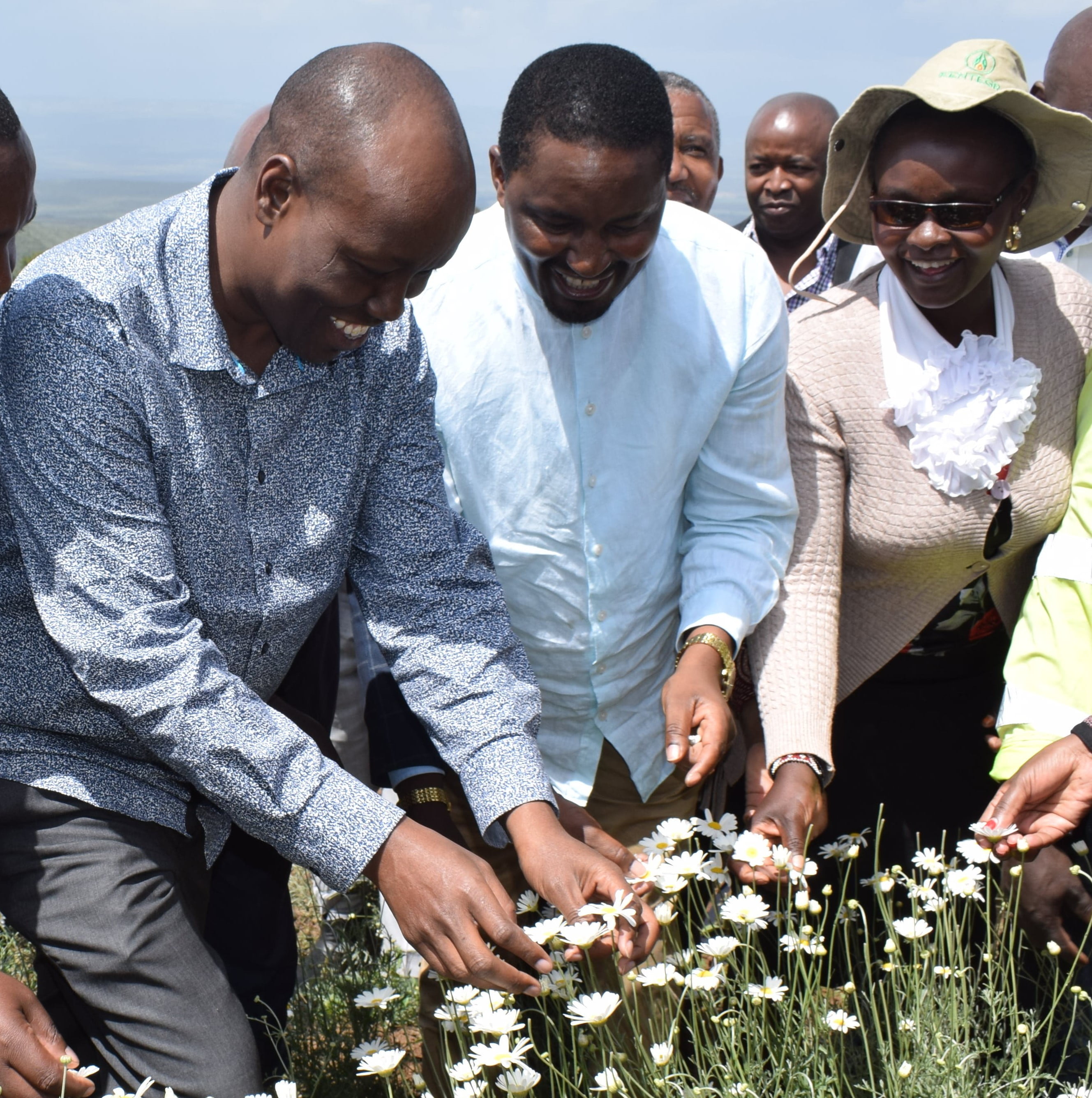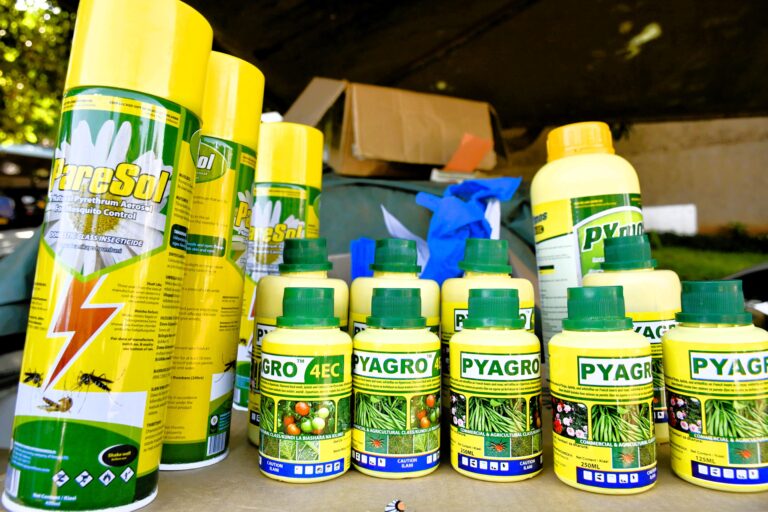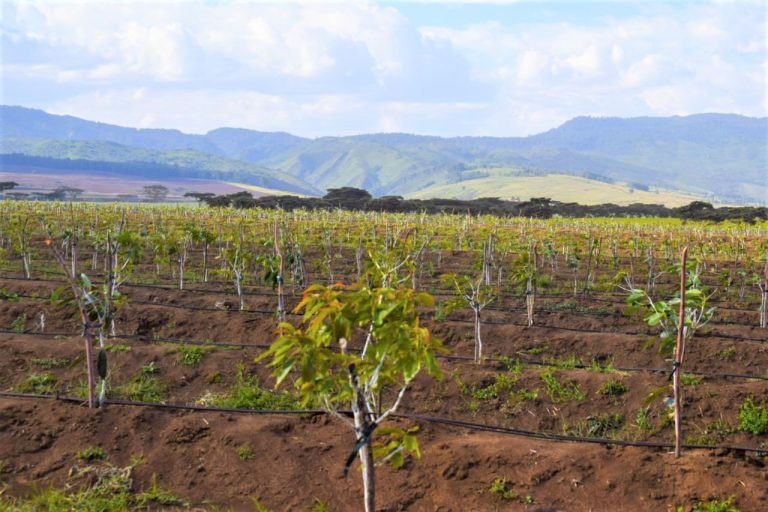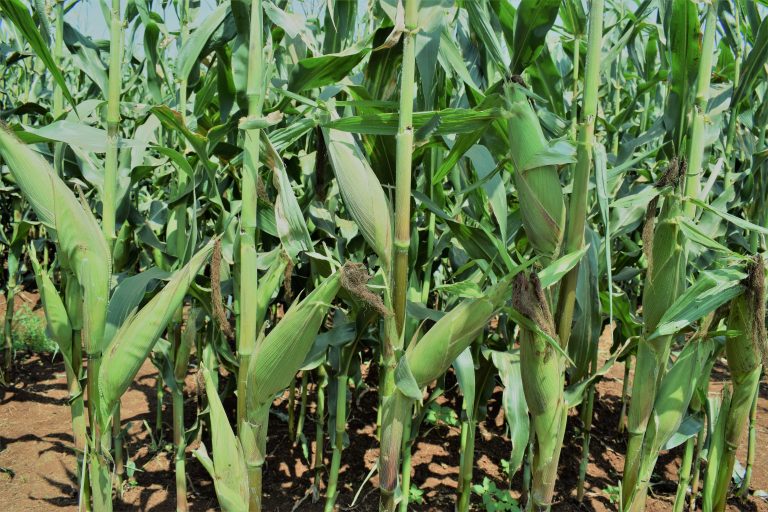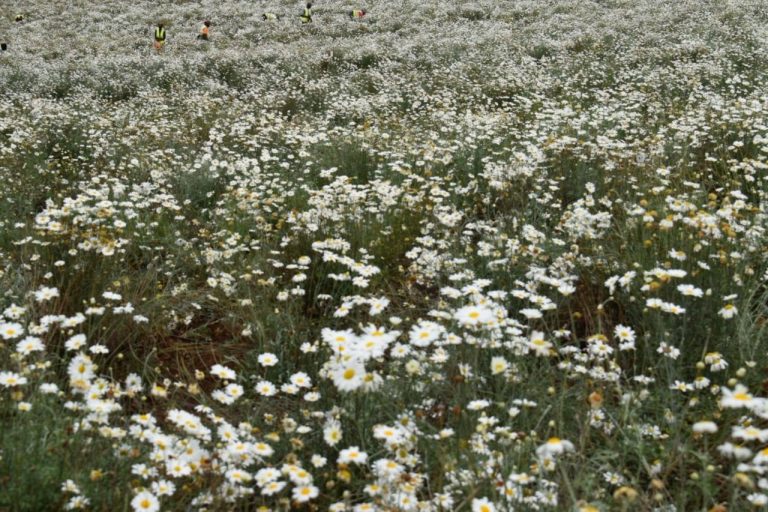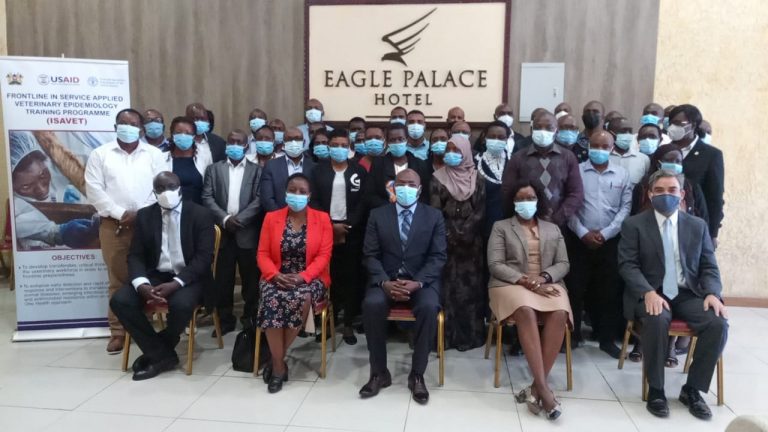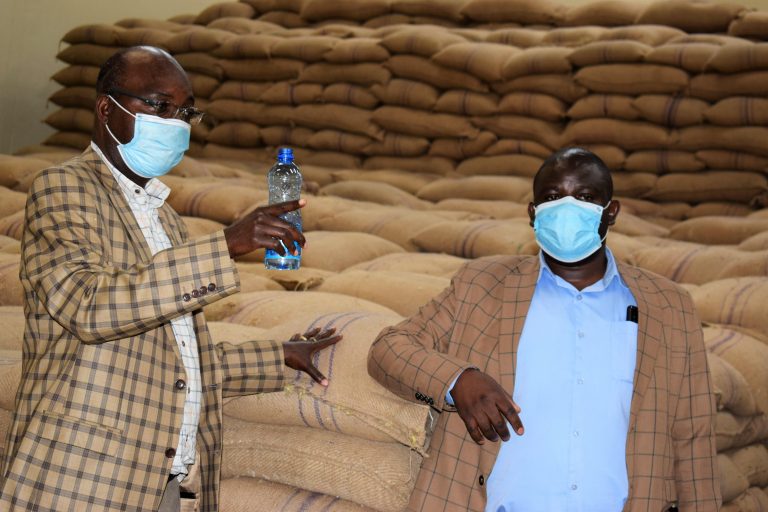Since its introduction into Kenya in 1928, the pyrethrum sector has had a mixed bag of fortunes to Kenyans both the goo and the ugly. Up to 2003, Kenya had been the leading pyrethrum producer in the world for 60 years. Kenya controlled over 90 percent of the market in the world in the 90s compared to today where it doesn’t appear anywhere. The collapse of the sector can be attributed to the then monopoly by the Pyrethrum Board of Kenya among other problems. The board sometimes took up to 4 years without paying farmers which led to many farmers abandoning the crop. Other challenges that brought down the sector include diseases, poor farming methods and lack of research and failure to develop high-quality planting material. Most of the pyrethrum then was produced by small scale farmers and was a good source of income before its collapse.
Nakuru back then was one of the highest producers of pyrethrum in the country. Since devolution when agriculture was devolved, it is the only county that has taken tremendous steps to revive pyrethrum among the 18 pyrethrum growing counties in the country. A visit to the county paints a picture of a sector struggling to regain its former glory but there are signs of hope among the pyrethrum farmers. The county government has so far used Kshs 70 million to revive the sector including acquiring clean planting material. Governor Lee Kinyanjui has promised another Kshs. 35 million this year for planting material propagation. It involves the Kenya Plant Health Inspectorate Services (KEPHIS) to ensure the planting materials are clean and free from any diseases. Perhaps it is these deliberate efforts that impressed the National Government that chipped in Kshs 45 million for planting material through the CS Agriculture Mwangi Kiunjuri. The County Government then brought in various processors who are working with farmers and buying the flowers since the sector was liberalized.
When Kilimo News visited Eburru in Gilgil Constituency, many farms were looking white, a clear testimony of the increasing number of farmers embracing the crop. Phyllis Wambui all smiles as she narrates how the crop has changed her life. She has a three-quarter acre portion of land under pyrethrum where she harvests after every two weeks. She sells her dried flowers to a processor who buys a kilogram for Kshs. 200. “I get about Kshs. 10,000 per harvest which is about Kshs. 20,000 per month. I can meet my financial obligations including contributions to women groups I am a member and this is satisfying,” says Wambui. She says that the crop is easy to maintain as once you plant you only need to do some weeding. Harvesting goes on throughout the year except for two months when pruning is done. The crop stays in the farm for 3-4 years. Wambui says the main challenge among the farmers is drying the flowers where they use locally constructed solar driers. She doesn’t own one but relies on her neighbor who dries her flowers for a fee.
Another happy farmer is Lawrence Mwangi who started with half an acre but now has one acre under pyrethrum. He gets 200 kilograms every month which translates to Kshs. 40,000. “My son is in University studying Actuarial Science and I pay his fees comfortably. I have since diversified from maize farming which I used to wait for one year to harvest and I never got this kind of money. I now plant just a small portion for domestic use,” said Mwangi. During each harvesting session, he employs 4-5 youth to pick the flowers. That means he employs 8-10 youth in the village every month. Pyrethrum has changed the lifestyle in Eburru which is evident at the shopping center where various businesses have been opened since it’s reintroduction. An executive of a pyrethrum processing company working in the area says the shopping Centre had one butchery one year ago while now they are five.
The various processors working in the County together with the county government have also played a key role in the revival of pyrethrum farming. They provide planting material to the farmers, fertilizer an extension services and buy all the pyrethrum they produce. Some of them are Africhem, Highchem Agriculture which has 1600 farmers growing for them, Botanical Extracts, Allgreen, and Kentegra. Kentegra has the lion share of farmers in the area and they have bought 10 tonnes of pyrethrum in the last year worth Kshs. 50 million.


